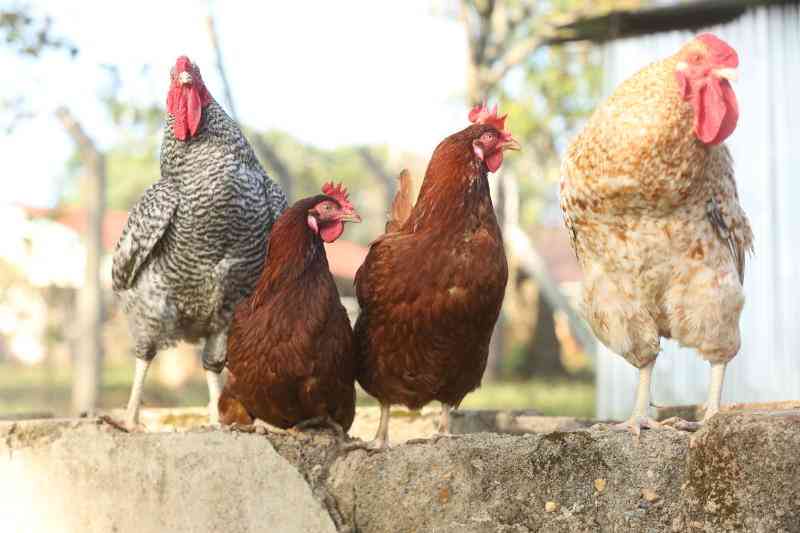×
The Standard e-Paper
Join Thousands Daily

Improved kienyeji chicken breeds in KALRO, Kakamega. [Mumo Munuve, Standard]
The true population of improved indigenous or backyard chickens in Kenya is not well known, and for that reason no county has a policy to improve on production.